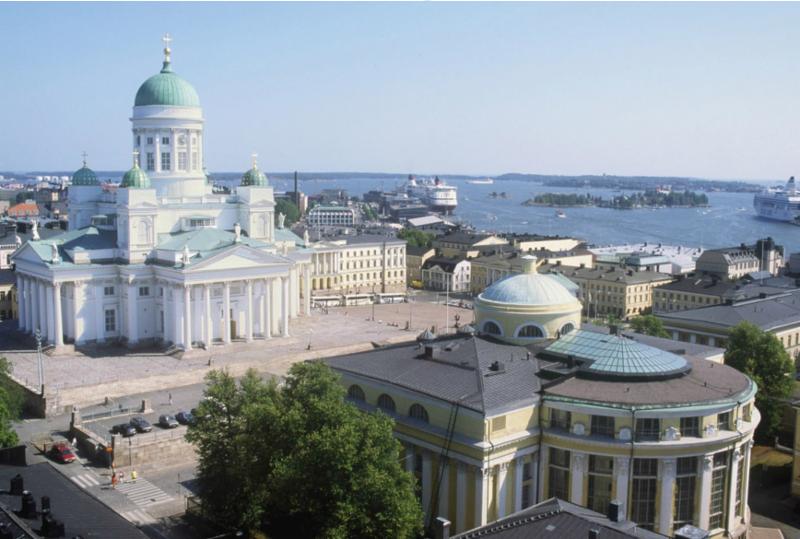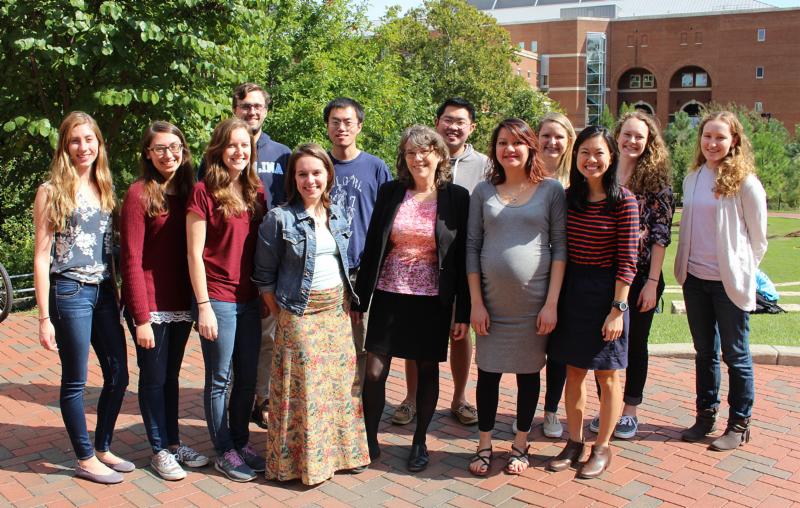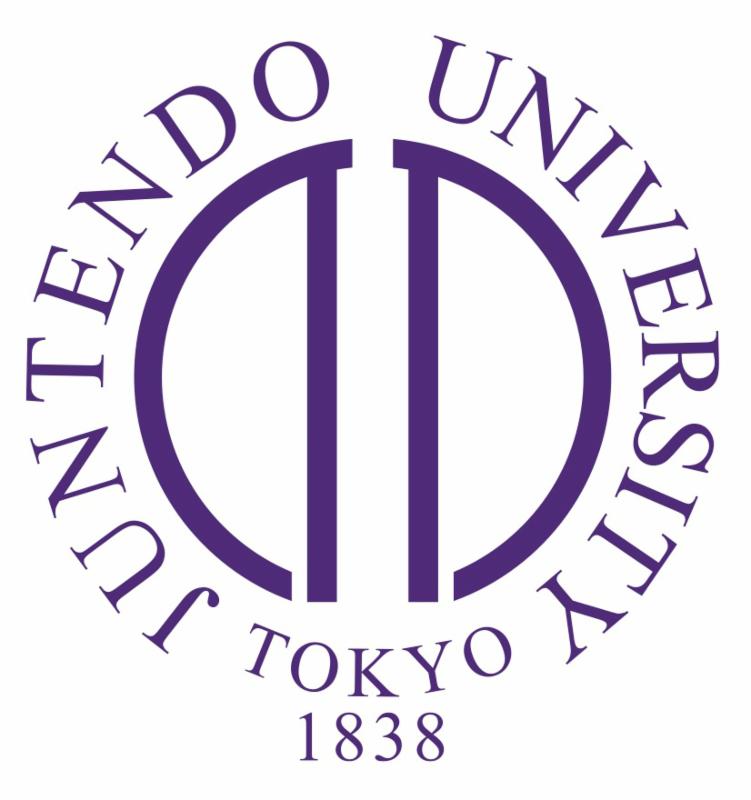Lymphatic Forum
in Chicago, IL
June 8-10, 20
17

Vasculata 2017
Chicago, IL
July 24-27, 2017
(new dates!)
October 15-19, 2017
 20th IVBM
Helsinki, Finland
June 3-7, 2018
20th IVBM
Helsinki, Finland
June 3-7, 2018
|
Diamond Level
Welcome Reception Host
|
|
|
Nearly 300 cities in the US will host a March for Science
From the
web site of the march organizers:
"On April 22, 2017, we walk out of the lab and into the streets." The March for Science is intended as a celebration of our passion for science and a call to support and safeguard the scientific community. Recent policy changes have caused heightened worry among scientists, and the incredible and immediate outpouring of support has made clear that these concerns are also shared by hundreds of thousands of people around the world. The mischaracterization of science as a partisan issue, which has given policymakers permission to reject overwhelming evidence, is a critical and urgent matter. It is time for people who support scientific research and evidence-based policies to take a public stand and be counted.
|
Contacting Your Representatives Can Make a Difference for Science
If you are a U.S. citizen, let your U.S. representatives hear from you and encourage them to be advocating for science. There are many methods by which to reach out - from attending meetings or personal visits to congressional offices, to doing something as simple as writing a postcard. Be sure to reach out to your district and state representatives. Now, in addition to funding the NIH budget and other federal biomedical research budgets, scientists must clearly express how other policies impact scientific collaboration, a key component in the scientific process.
Here are links to organizations that encourage, support and aid science advocates:
Coalition for the Life Sciences
Federation of American Societies for Experimental Biology (FASEB)
Research!America
If you are aware of other groups, please let us know and we will post them in future newsletter issues (send to [email protected]).
|
The Lab of Dr. Victoria Bautch
 This month we are highlighting the lab of Dr. Victoria Bautch, who is Professor and Chair of the
Biology Department at the University of North Carolina at Chapel Hill. Find out more about Dr. Bautch's lab at
http://www.navbo.org/membership/members-labs/584-lab032017.
|
The disciplinary distribution of postdoctoral researchers in American universities is shifting, as reported in an Inside Higher Education article, leading to a decline in the number of postdoctoral researchers in the biomedical fields and an increase in fields such as neuroscience, engineering, and other social sciences. The number of postdocs working at U.S. universities was 63,861 in 2015, up 0.4% from 2014. Roughly 55% of the 2015 postdocs were in the biological sciences (30.2 percent) and clinical medicine (24.8 percent), down from more than 60 percent in 2010. These shifts may reflect trainees' awareness of market factors: In the 1970s, a majority of PhD graduates in biological sciences were able to secure a tenure-track position within six years. Forty years further on, that fraction has fallen below 20%. Trainees, their mentors and home institutions, and the entities that fund and formulate biomedical workforce policy together share responsibility for bridging "...the gap between emerging life science professionals and available positions."
|
|
Attend an upcoming NAVBO Meeting
|
Welcome to our New Members:
Cristina Harmelink, Vanderbilt University Medical Center
Shing P. Hu, Cornell University
Sawan Kumar Jha, University of Helsinki
Renfang Mao, Houston Methodist Hospital Research Institute
Meng Ling Wu, Oklahoma Medical Research Foundation
|
|
Recent Publications by NAVBO Members
|
| PDZRN3 destabilizes endothelial cell-cell junctions through a PKCz-containing polarity complex to increase vascular permeability
Science Signaling
Interconnected endothelial cells that line blood vessels form a barrier between the circulatory system and tissues. The integrity of the intercellular junctions between endothelial cells regulates vascular permeability, which is the leakiness of blood vessels. Read more Aortopathy in a Mouse Model of Marfan Syndrome Is Not Mediated by Altered Transforming Growth Factor β Signaling
Journal of the American Heart Association
BACKGROUND: Marfan syndrome (MFS) is caused by mutations in the gene encoding fibrillin-1 (FBN1); however, the mechanisms through which fibrillin-1 deficiency causes MFS-associated aortopathy are uncertain. Recently, attention was focused on the hypothesis that MFS-associated aortopathy is caused by increased transforming growth factor-β (TGF-β) signaling in aortic medial smooth muscle cells (SMC). Read more Release of endothelial cell associated VEGFR2 during TGF-β modulated angiogenesis in vitro
BMC Cell Biology
BACKGROUND: Sprouting angiogenesis requires vascular endothelial proliferation, migration and morphogenesis. The process is regulated by soluble factors, principally vascular endothelial growth factor (VEGF), and via bidirectional signaling through the Jagged/Notch system, leading to assignment of tip cell and stalk cell identity. Read more GATA4-dependent organ-specific endothelial differentiation controls liver development and embryonic hematopoiesis
Journal of Clinical Investigation
Microvascular endothelial cells (ECs) are increasingly recognized as organ-specific gatekeepers of their microenvironment. Microvascular ECs instruct neighboring cells in their organ-specific vascular niches through angiocrine factors, which include secreted growth factors (angiokines), extracellular matrix molecules, and transmembrane proteins. Read more The neuronal transcription factor NPAS4 is a strong inducer of sprouting angiogenesis and tip cell formation
Cardiovascular Research
RATIONALE: Regarding branching morphogenesis, neurogenesis and angiogenesis share common principle mechanisms and make use of the same molecules. Therefore, the investigation of neuronal molecules involved in vascular morphogenesis provides new possibilities for pro-angiogenic approaches in cardiovascular diseases. Read more Bone morphogenetic protein 4 regulates microRNAs miR-494 and miR-126-5p in control of endothelial cell function in angiogenesis
Thrombosis Haemostasis
MicroRNAs are small non-coding RNAs that negatively regulate posttranscriptional gene expression. Several microRNAs have been described to regulate the process of angiogenesis. Previously, the authors have shown that bone morphogenetic protein 4 (BMP4) increased the pro-angiogenic activity of endothelial cells. Read more |
Mini-brains for vascular research
Scientists at Brown University, using 3D cultures of neural cells to model the basic properties of native brain,
report in the Journal of Neuroscience Methods that such "mini-brains" appear to form vascular structures spontaneously. This research, performed in Diane Hoffman-Kim's laboratory, raises hopes that mini-brains can someday reduce reliance on animal models for study of the development of brain vasculature and its repair after ischemic events or stroke.
National Academies issue report on gene editing in humans
The National Academies of Sciences, Engineering, and Medicine
released a report stating that editing the DNA of a human embryo might be allowed under certain circumstances. Announcement of the National Academies' position was headed: "With stringent oversight, heritable germline editing clinical trials could one day be permitted for serious conditions; non-heritable clinical trials should be limited to treating or preventing disease or disability at this time." An
article in Science covering the report noted that a clinical trial using gene editing could be permitted only after further research on risks and benefits and only for compelling reasons.
Best two out of three? Four of seven?
John Ioannidis, MD, DSc, of the Departments of Medicine and Health Research & Policy at the Stanford University School of Medicine, has published a viewpoint in JAMA that addresses the issue of non-reproducibility in basic and preclinical research. He suggests three dimensions as principal contributors to - and as targets for remediation of - non-reproducibility in bench research: a misaligned system of incentives and rewards; poor choice or execution of research methods; and barriers to transparency. He concludes that, "...as the research enterprise gets larger and enters many new areas of investigation, reproducibility assessments may help funders and the scientific community prioritize investments in specific areas."
|
|
Gold Level
Academic Supporter
 |
|
Silver Level Academic Supporters
|
|
|
|
Bronze Level Academic Supporters
|
|
|